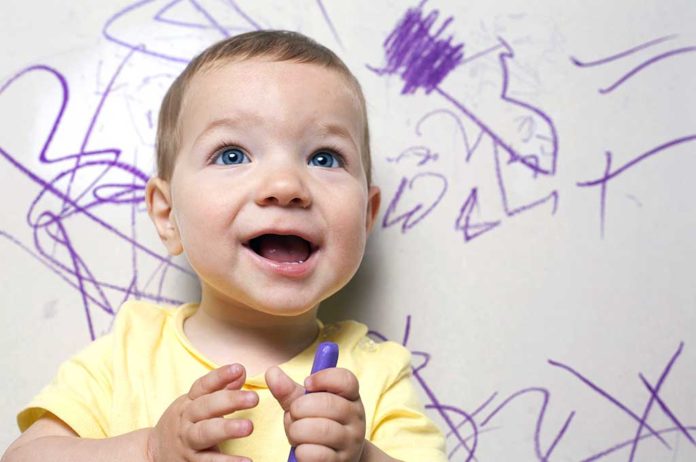 Entertain me with a short visualization: Fast forward in time and picture your front door. You hear a knock on the door. Knock, knock! Who’s there? It’s your child all grown up standing right before you. Imagine your child comes back for a visit at 18, 25, 34 years old. Who do you want to be standing there? What characteristics do you want your child to have as an adult?
Entertain me with a short visualization: Fast forward in time and picture your front door. You hear a knock on the door. Knock, knock! Who’s there? It’s your child all grown up standing right before you. Imagine your child comes back for a visit at 18, 25, 34 years old. Who do you want to be standing there? What characteristics do you want your child to have as an adult?
If you’ve ever attended one of my parenting classes or workshops, you’ve probably heard me talk about Parenting with the End in Mind. This is how I usually start most of my classes and workshops. Then, we brainstorm altogether and write the characteristics on a white board. Some of the words that come up are: kind, empathetic, competent, loving, confident, respectful, cooperative, educated, hardworking, resilient, self-disciplined, happy, successful, content, funny, etc. There are no wrong answers here, only ones you may value more than others. I’ve had clients sitting in the same room where one of them places great value on their child attaining a high-level college degree and the other doesn’t give a hoot about their child getting a college education. I’ll have someone say that it’s really important that their child grow up to have a sense of humor, and someone else say that’s not even on their radar of importance.
This is a very individual exercise that you and your partner can do at home together as parents of a young child. Post that list of characteristics where you will see them. The list will help you in your parenting. It will help you remember your long-term goals, instead of only immediate results. For example, the long-term goals of developing life skills such as problem solving, respect, communication and self-control rather than outside control can be attained faster when punishment is out of the mix. If my toddler repeatedly draws all over the wall and I repeatedly yell, slap his hand, throw the crayons away, and put him in his room for a long time out, what is he really learning and how will those tactics help shape him into the person I long for him to grow up to be? Of course it is easier to do the above to quickly distinguish the unwanted behavior or to rectify things in the moment. But, have intention and thought for what those long-term goals are… be mindful. Parent with the end in mind.
If those lifelong skills of problem solving, respect, communication and self-control are truly what I’m aiming for, perhaps I will choose other means of disciplining my child. I might talk to him, acknowledge how much fun it is to have a large blank canvas to draw on, and explain that walls are for hanging pictures and putting furniture against. I might brainstorm with him all the other things crayons can be used on plain paper, poster board, coloring books, construction paper, paper on the easel, etc. We might talk about what to do if he really feels like coloring, but he can’t find any appropriate paper. He might come ask a parent for help, he might keep looking himself, or he might decide to do something else entirely. And, yes, he would absolutely be helping me to scrub the crayon off the wall, and I would even thank him for cooperating and helping. The next time he wants to use crayons, I would model what that looks like and remind myself that parenting with the end in mind is my goal and parenting is a marathon. It is not a sprint. It is a marathon that extends well beyond the age of 18 and high school graduation. Run the race as parents knowing what your “end in-mind” is. Knowing this will help guide you in making the kind of decisions to raise the person that will be at your front door in the not so distant future. Use your list as a map of sorts to guide you and help you navigate this most important work of parenting. Start fresh… it’s a new year with new beginnings.




















